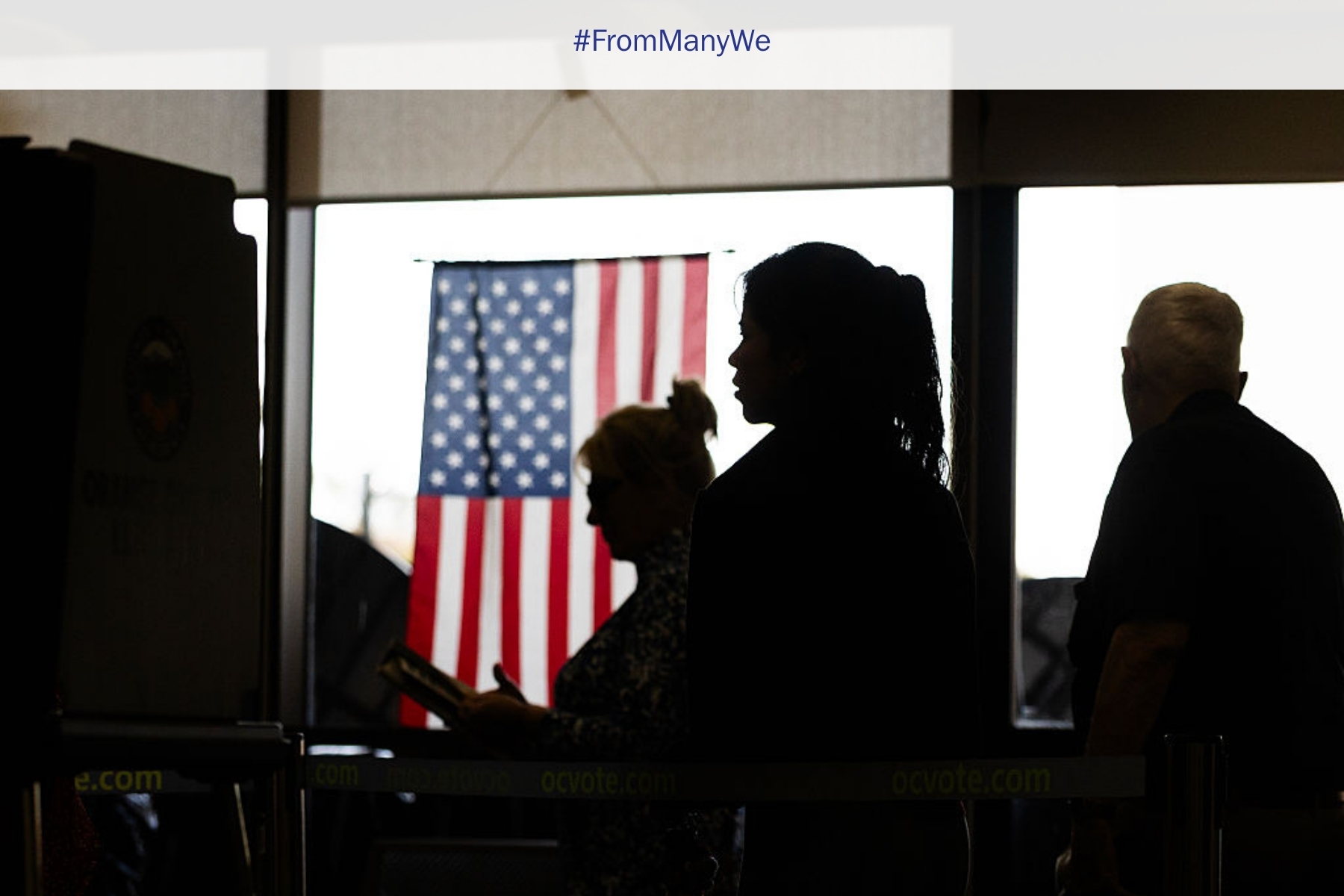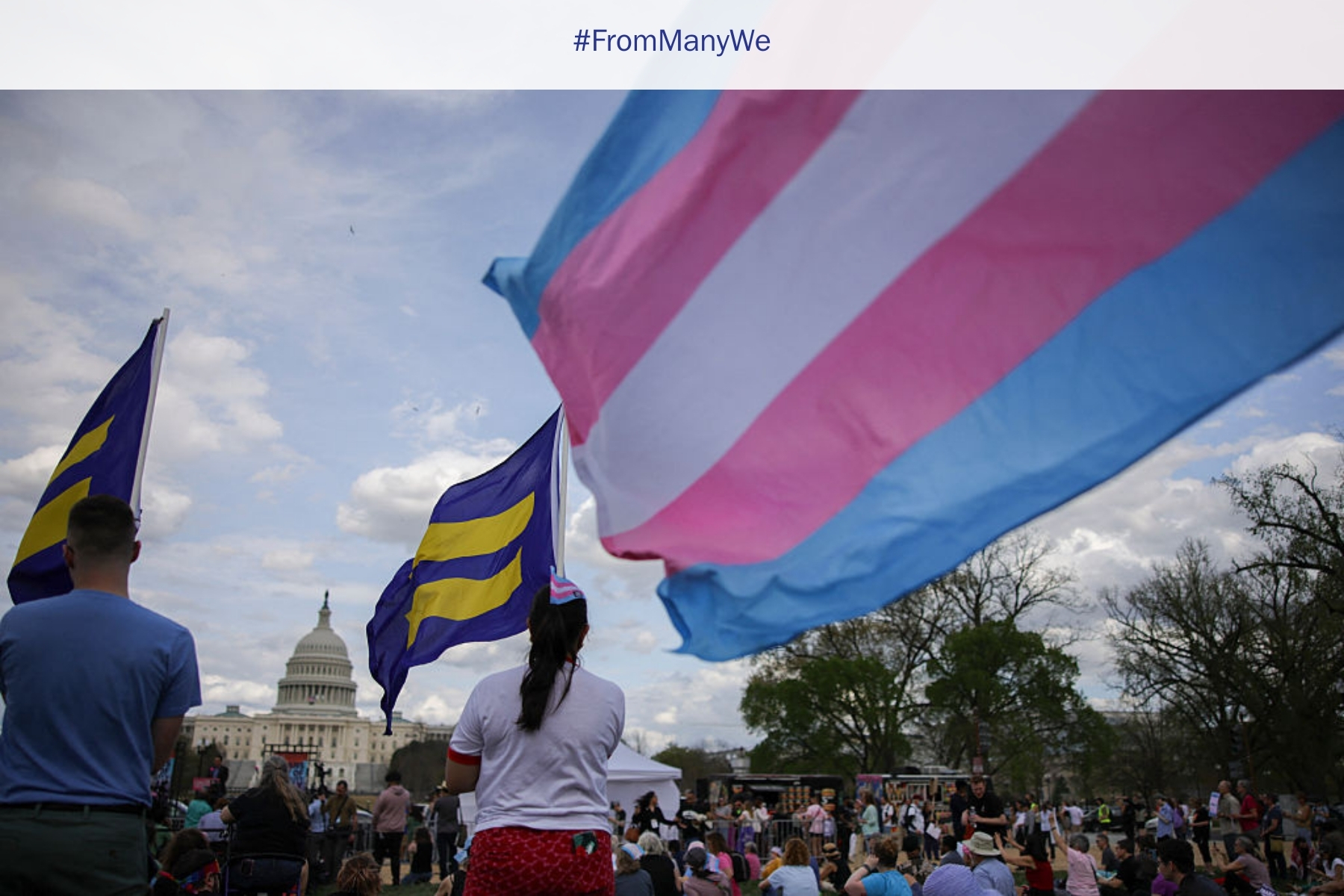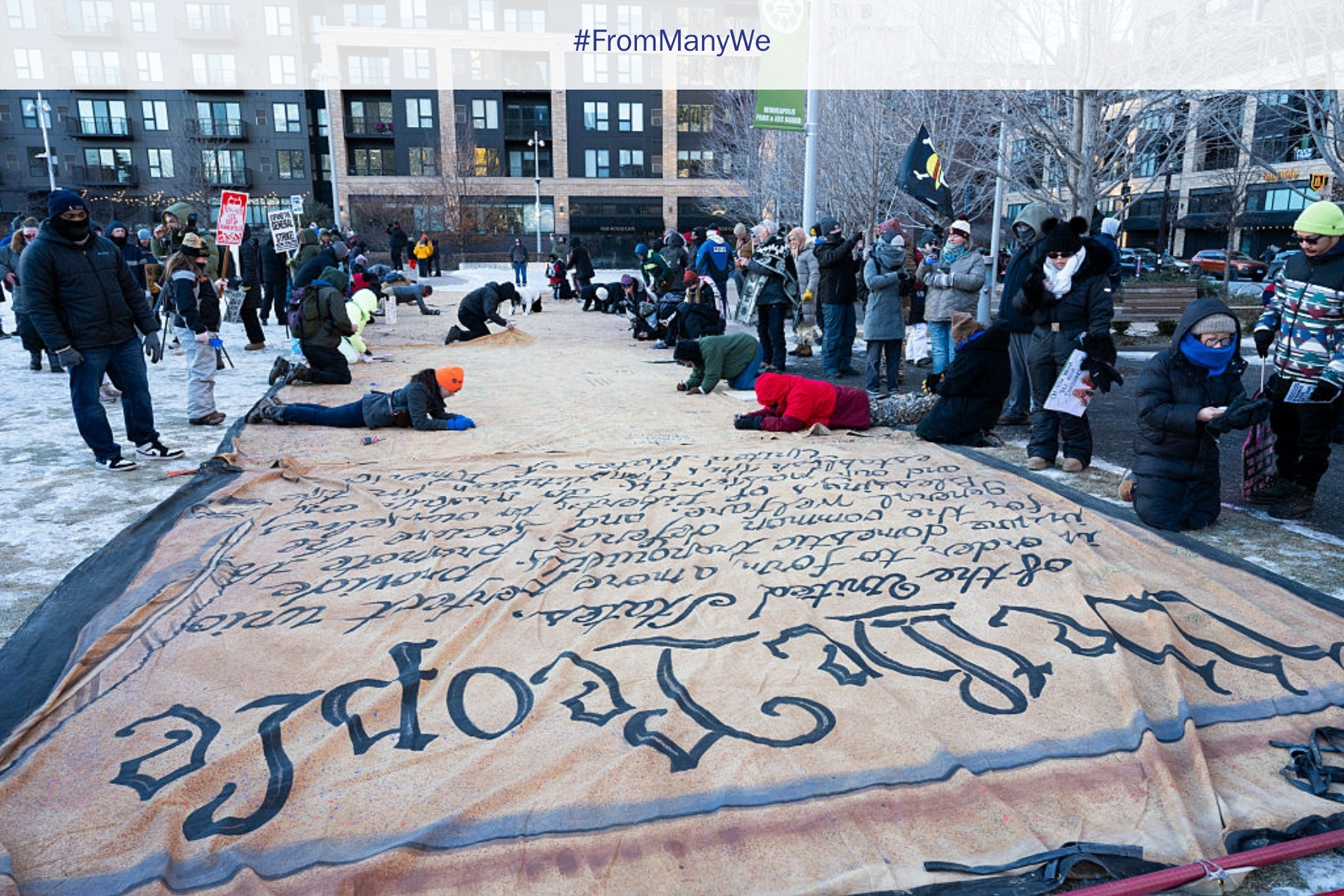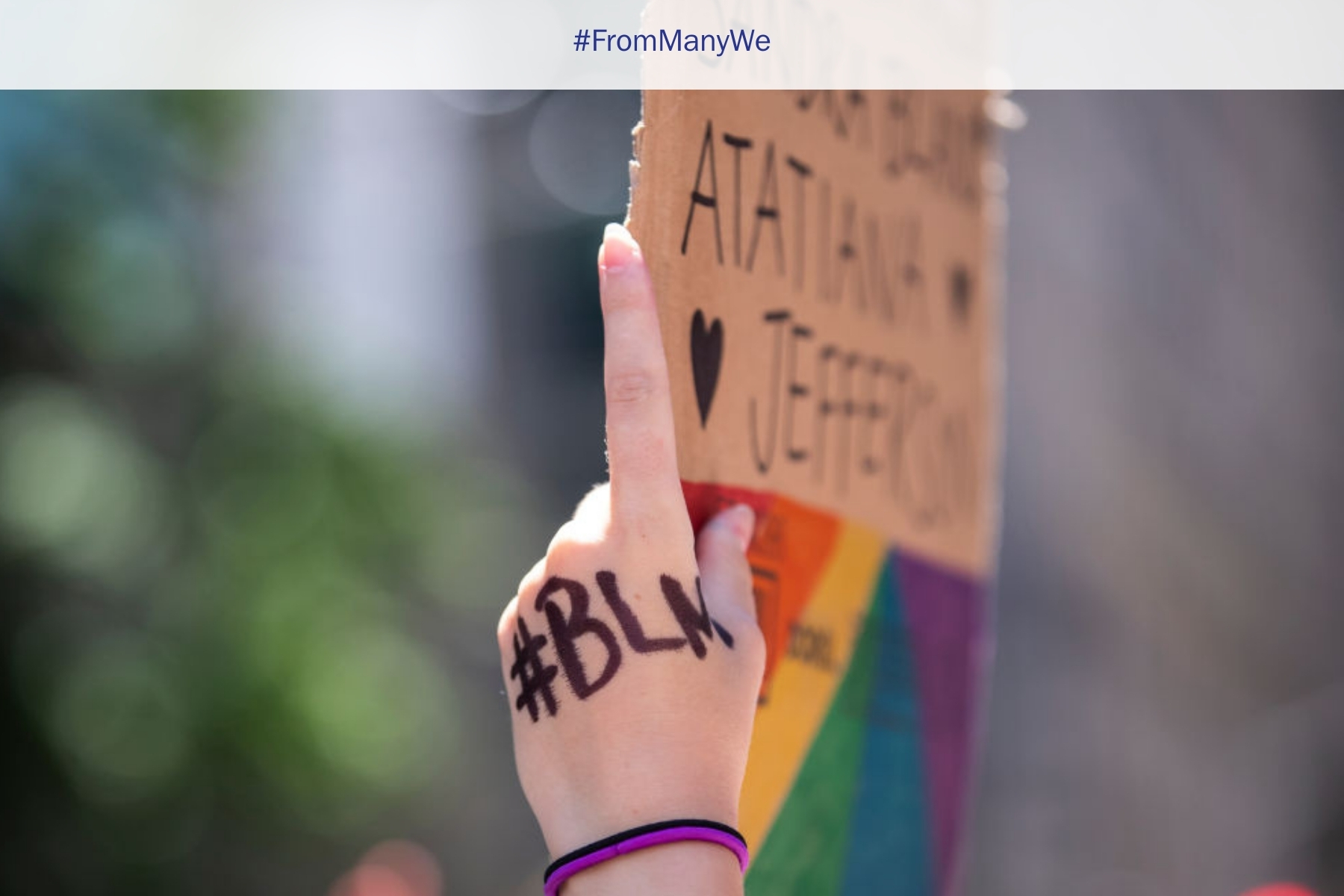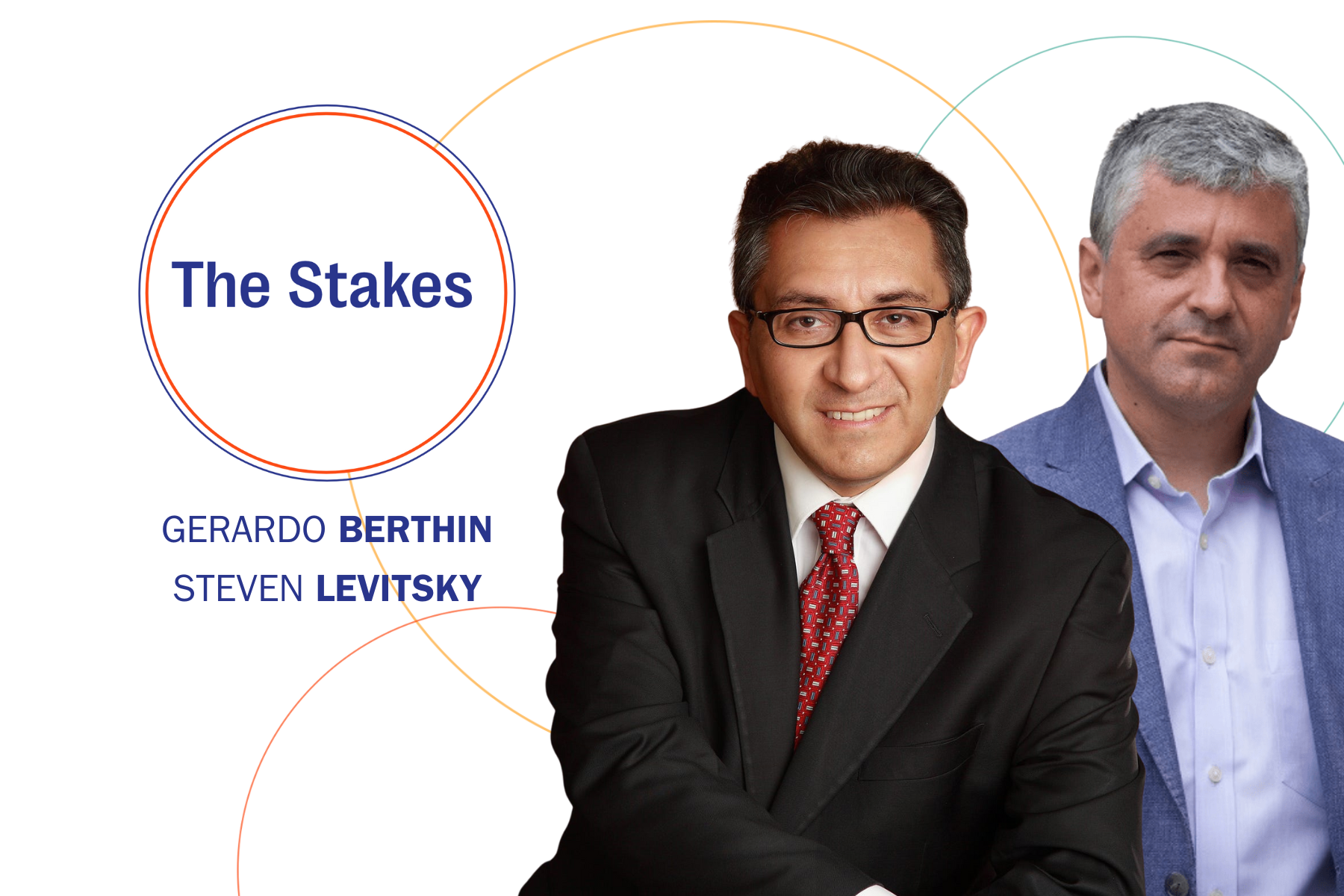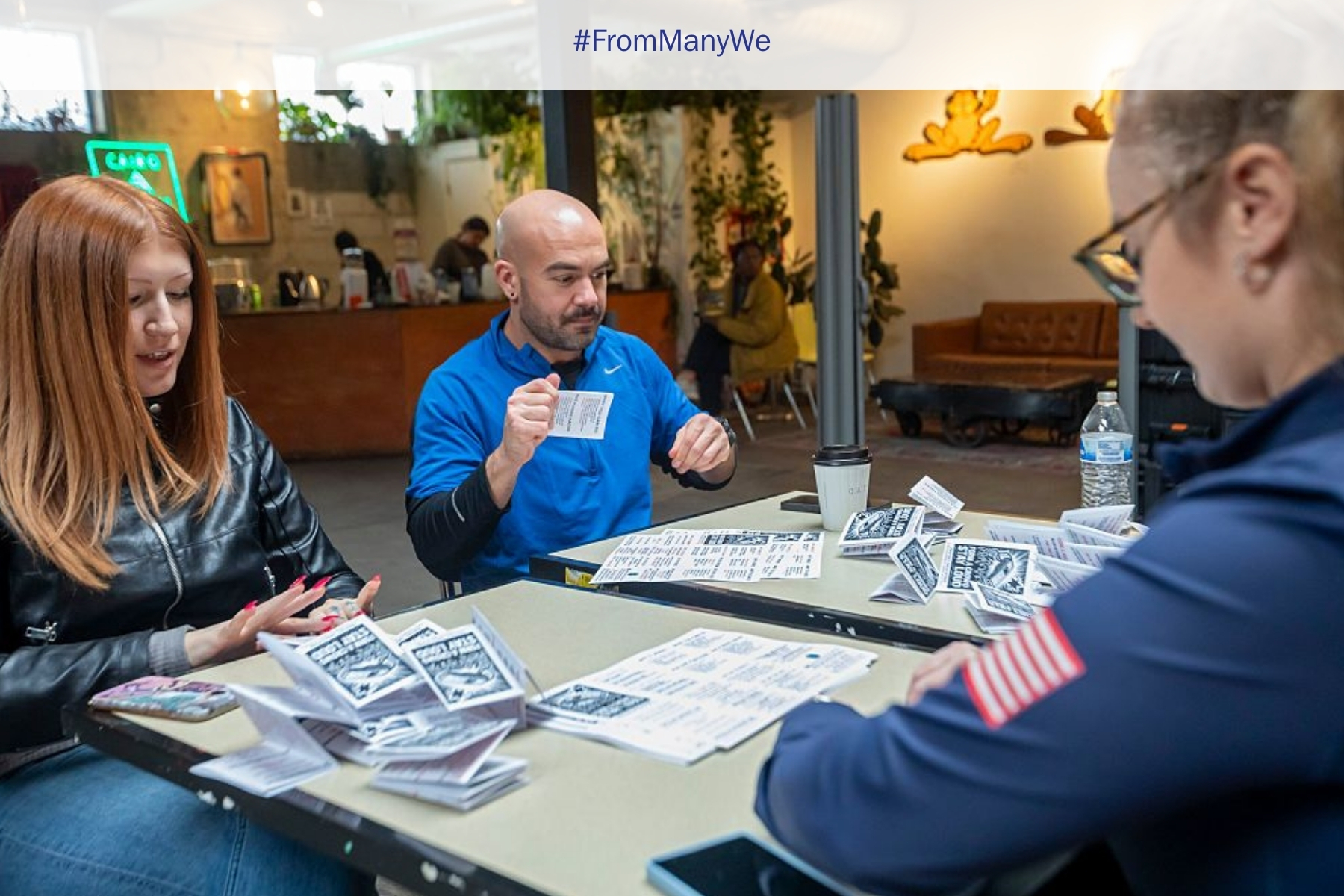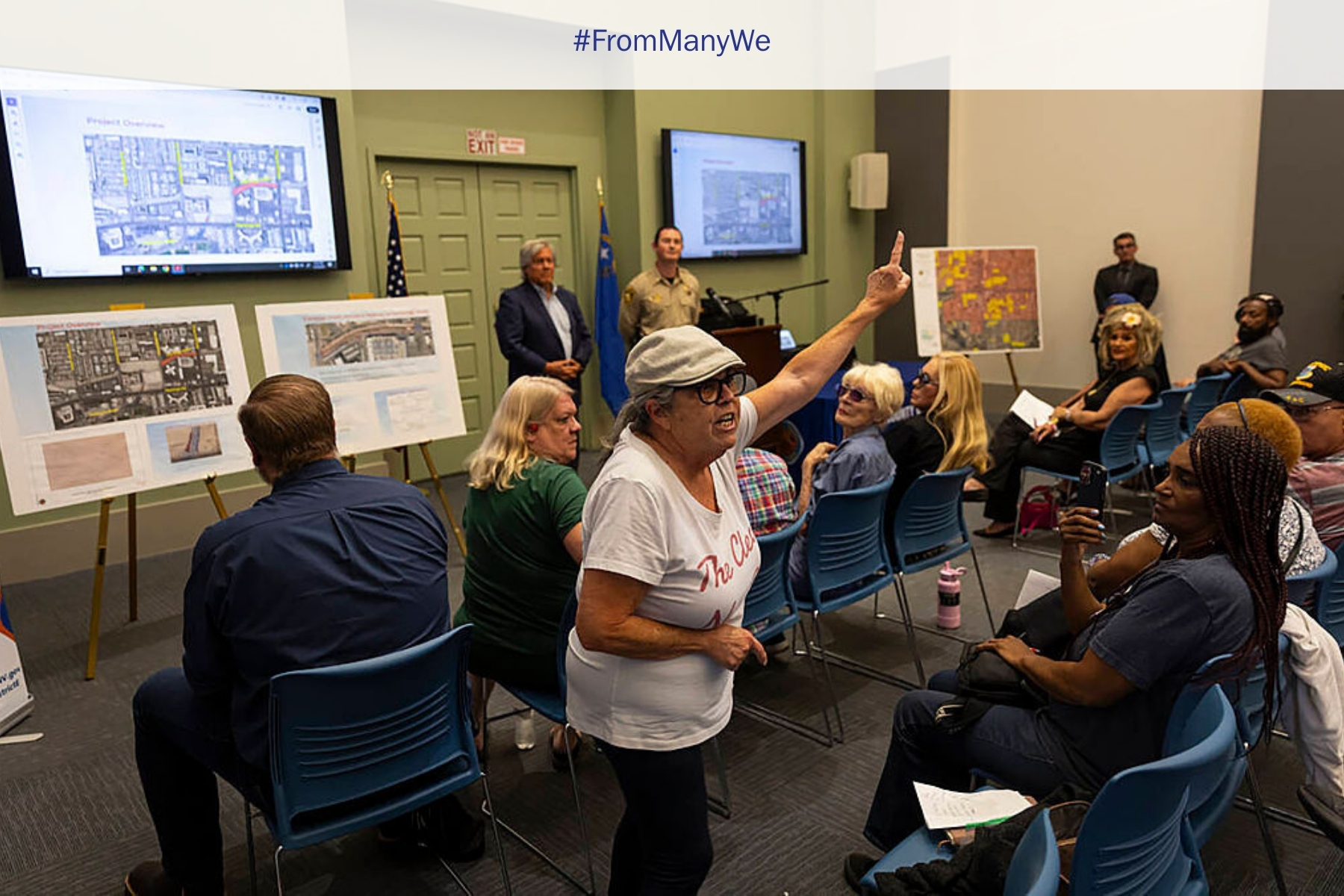An Unfettered News Media Is Crucial for Democracy and Good for Business
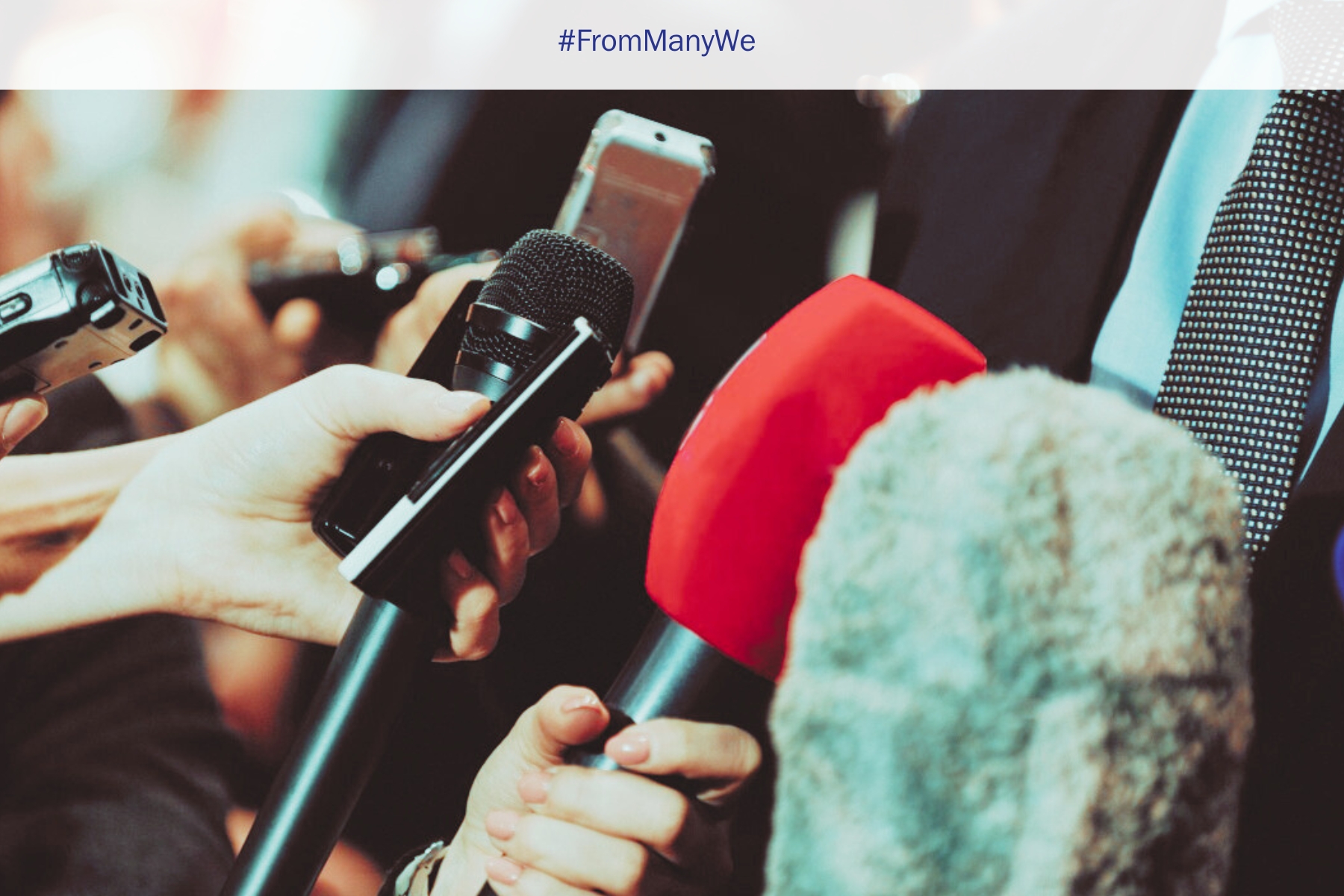
A few weeks before the US presidential election, a pair of billionaire newspaper owners shut down their editorial boards’ plans to endorse a presidential candidate. On the surface, this might seem like smart business sense by titans of industry who don’t want to be on the record for taking sides. In actuality, it’s faulty short-term thinking that weakens our democracy and ultimately hurts these owners’ interests.
Los Angeles Times owner Patrick Soon-Shiong and The Washington Post owner Jeff Bezos made headlines when both of their papers announced they would not be issuing endorsements as they had in recent presidential contests. The decision was determined to have been made solely by each owner.
But Soon-Shiong, who is the founder and CEO of NantHealth, and Bezos, the founder and executive chair of Amazon, may want to reconsider the full impact of these self-imposed gag orders on their own institutions.
Independent News and the Problem of Trust
Soon-Shiong and Bezos’s meddling in their editorial boards’ plans is doing more than angering journalists at their papers: they are eroding confidence in the Fourth Estate itself. As a fourth institution of society, analogous to the historical clergy, nobility, and the people in shaping opinion, the free press plays a vital role in its capacity for advocacy, information sharing, and framing key issues. Bezos and Soon-Shiong are presenting evidence that their papers’ editorial decisions are not independent from their billionaire owners. No matter the reason for these recent decisions, the American people now have less cause to trust that any coverage–good, bad, or otherwise–is solely the result of editorial discretion.
Perceptions that the press is not a truly free press are bad for our democracy. In fact, despite the endless criticism directed at the media from all political corners, Pew Research Center found that 73% of US adults say that press freedom is “extremely” or “very” important to the well-being of society (with an additional 18% saying it’s “somewhat” important). The same research shows that trust is already eroding: two-thirds of adults say that they do not believe American media is completely free to report what it wants, and more than half of respondents said they believe corporate or financial interests are influencing coverage “a great deal.”
A Loss for Democracy
A crisis of faith in the media threatens real impacts. For instance, a study in Denmark found that trusted local political coverage correlates with higher voter turnout. Similarly, an analysis of US newspapers found that their presence has “a robust positive effect on political participation,” but that effect has been shown to reverse when fewer people are consuming trusted coverage from those papers.
And beyond political participation, news consumption is positively correlated with civic engagement overall. In other words, every action to erode trust in our media, whether or not it leads to mass subscriber exodus, as The Washington Post has reportedly seen, deals real damage to the fabric of our democracy.
The Business Case for Editorial Independence
The key message for the wealthy owners of news platforms (and democracy advocates with a stake in their success) is that our thriving economy depends on a healthy democracy. The dynamism of American technological, industrial, and creative industries is a product of our robust and open democratic system that allows everyone to participate in and contribute to all facets of our country’s success.
Such contribution also includes participating in our rule of law, which is a fundamental tenet of our democratic system and says that everyone is equal before our courts. The same equality exists in our public sphere: If our papers of record are not allowed to freely apply their journalistic discretion, then Americans are right to question just how democratic our future will be.
It might seem like a good business decision for billionaires to avoid having any part of their portfolios publicly declare a recommendation for voters. However, doing so not only hurts the newspapers themselves (as we’re seeing in the immediate aftermath of their decisions), but it also carves slivers out of the democratic foundation that supports every major business in the country.
In fact, the only solution to the crisis of confidence in our media is to unequivocally promote a culture where newspapers can reliably demonstrate that their coverage is independent of both business incentives and political pressure. Undermining editorial boards does the opposite. The recent short-term thinking on the part of The Washington Post and the Los Angeles Times will ultimately prove self-defeating for business owners themselves because eroding trust in the free press itself undermines the ability for these titans to thrive.
María Teresa Kumar is the cofounder and president of Voto Latino.
From Many, We is a Charles F. Kettering Foundation blog series that highlights the insights of thought leaders dedicated to the idea of inclusive democracy. Queries may be directed to fmw@kettering.org.
The views and opinions expressed by contributors to our digital communications are made independent of their affiliation with the Charles F. Kettering Foundation and without the foundation’s warranty of accuracy, authenticity, or completeness. Such statements do not reflect the views and opinions of the foundation which hereby disclaims liability to any party for direct, indirect, implied, punitive, special, incidental, or other consequential damages that may arise in connection with statements made by a contributor during their association with the foundation or independently.
The views and opinions expressed by contributors to our digital communications are made independent of their affiliation with the Charles F. Kettering Foundation and without the foundation’s warranty of accuracy, authenticity, or completeness. Such statements do not reflect the views and opinions of the foundation which hereby disclaims liability to any party for direct, indirect, implied, punitive, special, incidental, or other consequential damages that may arise in connection with statements made by a contributor during their association with the foundation or independently.
